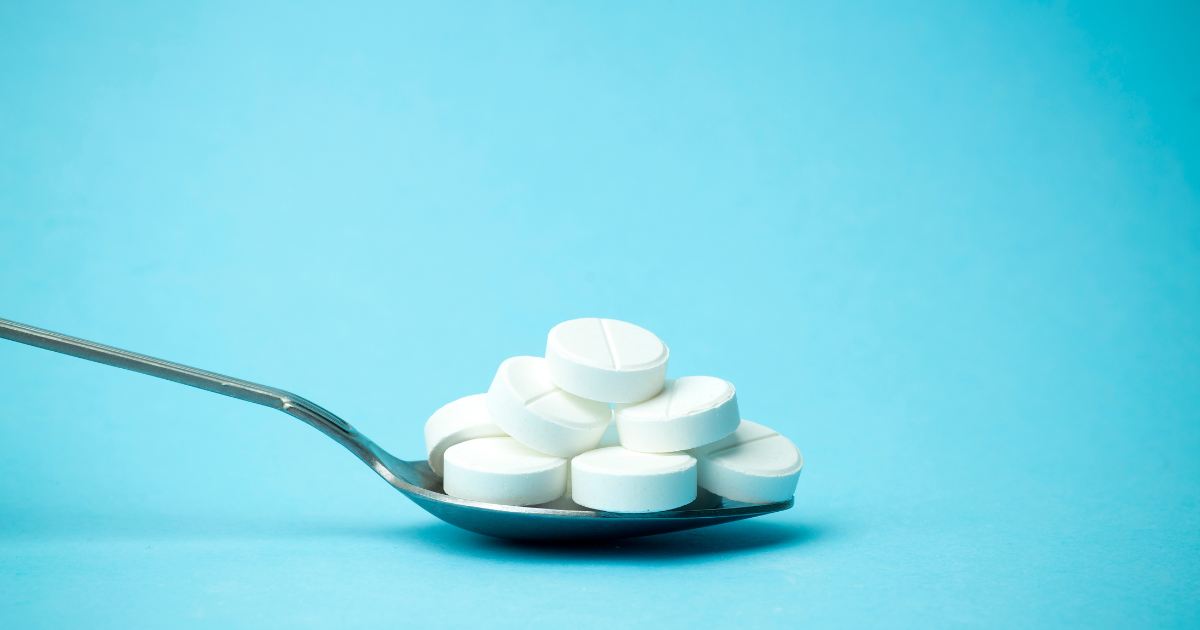Every year, an average of 2% of the adult population in the United States misuses prescription stimulants.¹ And a variety of stimulants, including illicit drugs like methamphetamine, can severely impact your life and that of those around you. But how can you know when you need stimulant addiction treatment? Learn more about the signs to watch for and how drug rehab in AZ can help.
What Are Stimulants?
Stimulants are either prescription or illicit drugs that increase activity in the central nervous system by interacting with neurotransmitters. They can lead to a boost in your attention, energy, and alertness. Stimulants are available as pills, liquids, powders, and more, which allow people to abuse them by smoking, injecting, snorting, and drinking them.
Some of the most common stimulants are:
- Ritalin
- Adderall
- Concerta
- Cocaine
- Methamphetamine
- Bath salts
Stimulants work by increasing the activity of dopamine and norepinephrine in the brain. Norepinephrine affects physiological functions that the central nervous system regulates, including blood pressure, heart rate, and breathing.² Dopamine reinforces rewarding behaviors.
Because using stimulants can cause a high degree of pleasure from the flood of dopamine they cause, your body will want to repeat the experience, leading to addiction. Some common signs and symptoms of stimulant addiction include³ the following:
- Lying about use
- Doctor shopping
- Impulsive or risky behavior
- Aggression
- Changes in appetite
- Sweating
- Elevated blood pressure
- Elevated heart rate
- Hair loss
- Weight loss
- Hyperfocus
- Mood swings
- Paranoia
- Anxiety
- Depression
- Hallucinations
- Racing thoughts
Anyone can develop an addiction to stimulants, but some people have a higher degree of risk. If you have a family history of substance use disorders, you may be more likely to develop the problem yourself. Living with high levels of stress can also increase your risk, as can having a mental health condition or a history of trauma.
Consequences of Stimulant Addiction
Stimulant abuse, even in the short term, can cause severe physical and mental health consequences. Heightened blood pressure and increased pulse rate can all negatively impact your heart, putting you at risk of heart disease and stroke.
Because stimulants also increase your body’s temperature, they can cause hyperthermia, which can be fatal. There are also several long-term consequences of stimulant addiction, including⁴ the following:
- Chronic exhaustion
- Muscle deterioration
- Extreme weight loss
- Malnutrition
- Breathing problems
- Heart problems
- Reduced sexual functioning
- Gastrointestinal problems
- Psychosis
Long-term stimulant abuse can additionally lead to potentially fatal conditions like heart attacks and strokes, making treatment essential.
Stimulant Addiction Treatment
Stimulant addiction treatment can help you find your sobriety once more. At Wolf Creek Recovery, we offer the help you need.
Medical Stimulant Detox Referral
One of the first steps to take before treating the underlying cause of the addiction is to go through the detoxification process. The detox process for stimulants can be difficult and even life-threatening, so we offer referrals to top medical detox facilities in the area.
The process starts with a medical assessment that can help your recovery team put together the right plan for your treatment. And to help you remain comfortable as you detox, you may receive medications that mimic the drug, allowing your body to get rid of the stimulants safely. During this entire process, you will receive 24-hour medical supervision to ensure you are safe.
Phase One Addiction Treatment
Our Phase One program offers a strong foundation on which to build the rest of your recovery. It is the next step after medical detox. One of the cornerstones of our Phase One program is individual therapy. It is not enough to stabilize you without addressing the cause of the addiction. During individual therapy sessions, you work to understand what led to the substance abuse and how to prevent a relapse.
For most people, behavioral therapies are the best option. They can help you recognize negative patterns in your thoughts or self-talk that can affect your mood and lead to negative behaviors.
Family therapy is another vital part of our Phase One program. Addiction can affect everyone close to you, so family therapy helps you reconnect with your loved ones, teaching you how to communicate once again.
Group therapy is another vital part of treatment. It can help you feel less isolated and understand that others are struggling with similar problems. We also offer holistic therapy to help treat all of you and not just the symptoms of addiction.
Phase Two Addiction Treatment
Phase Two can help you begin to transition between treatment and a more independent life. With your recovery team, you will work to put a timeline together that progresses at a speed you feel comfortable with. We will never rush your recovery.
We offer outdoor therapy opportunities to assist you in reconnecting with your creativity and curiosity, and we also provide countless opportunities to help you meet others on a similar journey. This will help you build a strong support group you can depend on.
Extended Care Program
We offer an extended care program for people who need a bit more support as they transition to their everyday lives. This can be a good option for those who have co-occurring mental health concerns, a higher risk of relapsing, an unstable home environment, or difficulty succeeding with short-term programs.
Our extended care program makes it easier to build a strong support system while also learning relapse prevention strategies to maintain sobriety.
Turn to Drug Rehab in AZ for Stimulant Addiction Treatment
Battling an addiction to stimulants can leave you feeling isolated and helpless — unsure of how to break free from the cycle. At Wolf Creek Recovery, we offer the drug addiction treatment that you need to start healing. From intensive options to long-term treatment, we can provide the support you need.
With our evidence-based therapeutic options and a team of experts ready to guide you through the process, you can give yourself the chance to start a new life.
Call Wolf Creek Recovery to schedule an assessment.
Sources:
[1] https://www.ncbi.nlm.nih.gov/pmc/articles/PMC6070393/ [2] METABOLISM OF NOREPINEPHRINE IN THE CENTRAL NERVOUS SYSTEM | Pharmacological Reviews, https://pharmrev.aspetjournals.org/content/18/4/1201 [3] Stimulant Abuse: Pharmacology, Cocaine, Methamphetamine, Treatment, Attempts at Pharmacotherapy – PMC, https://www.ncbi.nlm.nih.gov/pmc/articles/PMC3056348/ [4] Chapter 2—How Stimulants Affect the Brain and Behavior – Treatment for Stimulant Use Disorders – NCBI Bookshelf, https://www.ncbi.nlm.nih.gov/books/NBK576548/
Finding purpose in pain is what Jonathon does best. He is a strong advocate for those suffering from substance use disorders. As a person in recovery, Jonathon knows how important it is to receive empathy and compassion. He recognizes that each person comes from a different set of circumstances and deserves to be valued and respected.
With a fresh perspective and compassionate attitude, Jonathon works closely with clients to help them let go of the past and know when to take necessary risks. The recovery process is ongoing, which means people need to move forward while applying the skills learned in treatment. Jonathon is a great motivator when it comes time for this!
Jonathon also places emphasis on the family unit and how it can make or break the recovery experience. Individuals with active, supportive families have far better outcomes. Jonathon realizes that it’s impossible to move mountains overnight, but with the right support team and positive attitude, anything is possible.












